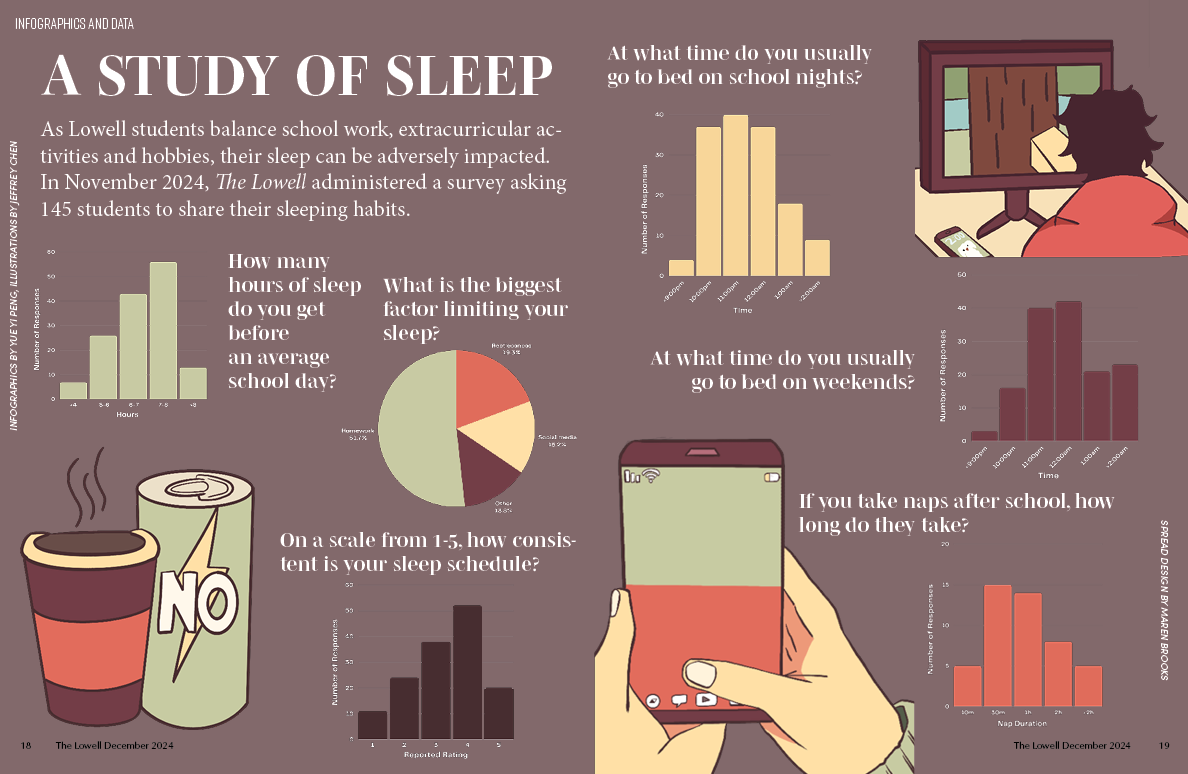Letter to the Editor
Originally published on May 24, 2016
Dear Editor,
Let me preface by saying that I transferred out of Lowell last October due to mental illness. For those of you that are curious, yes it’s depression. Seeing that there has been some tension around campus due to recent events, I thought it would be nice to share some insight about what it feels like to have a mental illness at Lowell.
Throughout my time at Lowell, I have never felt that the people there truly cared about mental illness. Sure we have a Wellness Center, but how many people actually go there for support? I sure didn’t (well at least until my last couple weeks there). Why you ask? Until this day I still don’t exactly know, but I’ve always had this feeling that school was not the right environment to talk about something so disregarded. I felt alone and had no one else to relate. Even when I did talk to an adult at Lowell, they did not understand enough about mental health to help me. I could only barely scratch the surface. Then there were the teachers that knew absolutely nothing about mental health whatsoever, told me directly that I should put my academics first, and would badger me about my attendance track (or lack thereof). In short, I felt angry, confused, and did not know what to do with my life. It wasn’t until I transferred to another high school that I realized how many people at Lowell were and are struggling with the same thing. I found out that students were going to places like Kaiser Permanente during afterschool hours for therapy and medication.
I urge Lowell staff and student government have more in depth trainings and outreach efforts pertaining to mental health. Not only do we need to know what mental health is, we need to learn more about how to support and recognize mental health when we see it. Mental illness is not obvious and sometimes it’s easy to forget that — but we won’t.
Thank you to those who supported me throughout my transition.
Forever a cardinal,
Anna He
If you or someone you know has thoughts of suicide, call (800) 273–8255.





